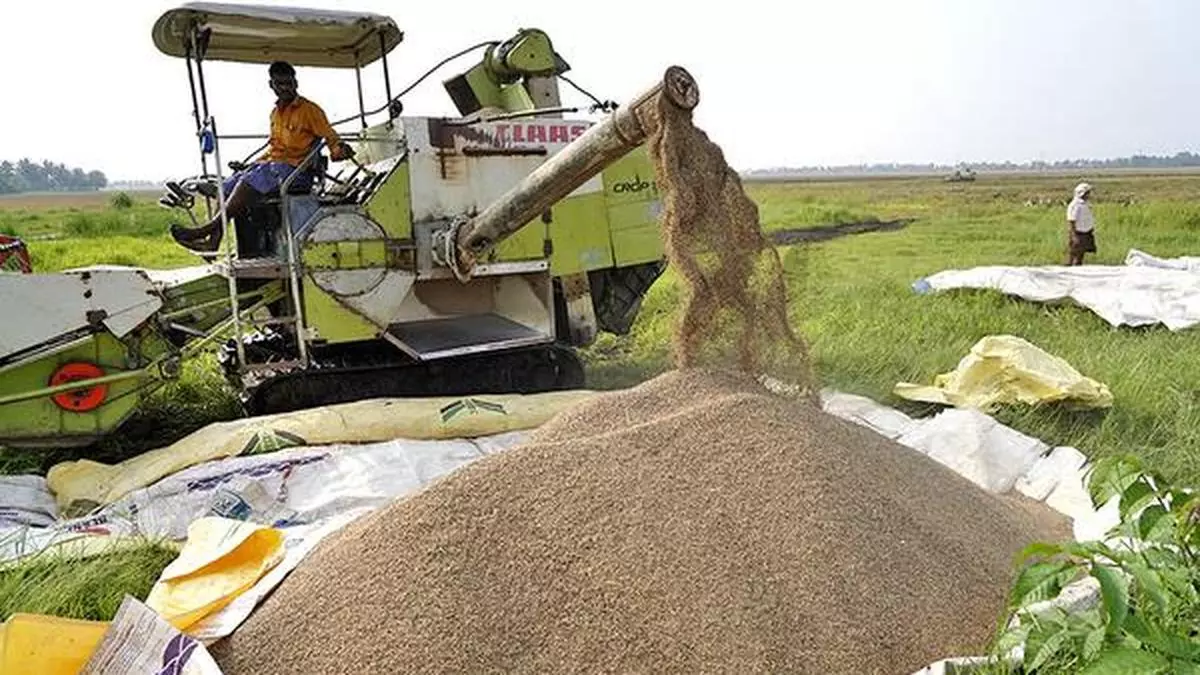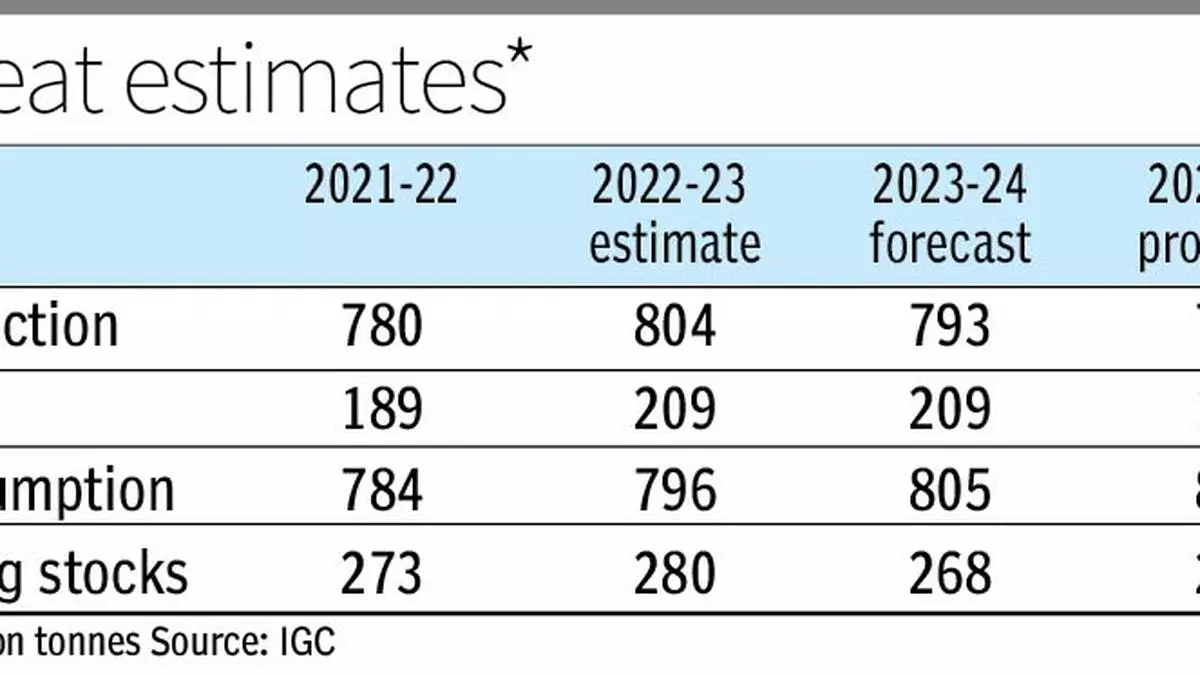Panchayats need to intensify their efforts to augment their own tax and non-tax revenue resources and improve their governance for sustainable growth, according to a RBI report on ‘Finances of Panchayati Raj Institutions’.
The report noted that with 68.8 per cent of India’s population residing in rural areas (as per the 2011 Census), local governments at the panchayat level assume a significant role in translating the vision and developmental policies of both the Central and State governments into action.
Panchayats bridge the gap between the masses and higher levels of government and can be catalysts for grassroots development by encouraging community participation, fostering local stewardship, and advancing sustainability initiatives, the report said.
The report underscored that the prompt establishment of State Finance Commissions (SFCs), eschewing the sizeable delays that occur currently, assumes importance.
SFCs, with roles identical to those of the Central Finance Commission (CFC) and with the obligation of tabling their action-taken reports in State legislatures, can fortify the financial position of Panchayati Raj Institutions (PRIs) and help them in the better delivery of their responsibilities for the upliftment of the rural economy.
In 1992, the 73rd Amendment to the Indian Constitution institutionalised the PRIs at three levels in rural India: Gram Panchayats at the village level, Mandal Panchayats at the intermediate/block level, and Zila Parishad at the district level.
There are a total of 2.62 lakh PRIs in India, with 2.55 lakh Gram Panchayats, 6,707 Mandal Panchayats, and 665 Zila Parishads as of October 2023.
Effective measures
The report said PRIs can use their limited resources more efficiently and effectively through measures such as transparent budgeting and fiscal discipline, active involvement of the local community to prioritise development needs, staff training, robust monitoring and evaluation processes, prudent asset management, raising public awareness, and adopting digital tools.
A comprehensive evaluation of PRIs’ fiscal position and quality of expenditure is constrained by the lack of adequate and appropriate data, per the report.
“There are more instances of non-reporting for revenue expenditure relative to revenue receipts, while the reporting for capital receipts and capital expenditure is even poorer,” it said.
The report suggested that reporting their finances in standardised formats would strengthen fiscal transparency and accountability at the panchayat level, thereby contributing to the empowerment of panchayats.
RBI said financially and functionally empowered PRIs can also contribute actively to climate change resilience.
“Due to their proximity to communities and possession of valuable local knowledge about the environment, PRIs are well-equipped to identify climate-related risks and devise effective adaptation strategies.
“PRIs can also facilitate the adoption of climate-resilient farming methods and promote renewable energy sources like solar panels and biogas plants, thus reducing reliance on fossil fuels and mitigating climate change. A part of the grants-in-aid from the upper tiers of the government could be linked to the climate resilience efforts of PRIs,” per the report.
RBI emphasised that overall, given the pivotal role of PRIs in local governance and rural development in India, it is imperative to empower local leaders and officials by providing them with ample and diverse funding sources, promoting greater decentralisation, implementing capacity-building programs, and upgrading infrastructure.
There is also a need to raise citizens’ awareness about the functions and significance of PRIs by encouraging their increased participation in local governance processes and by enhancing people-centric administration and communication.



